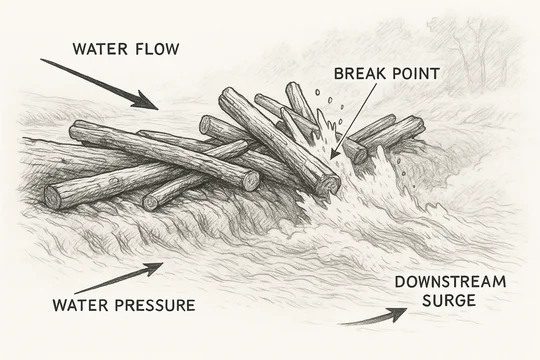
In competitor cases, parties sometimes include Lanham Act claims alongside patent claims. That's what happened in Peloton Interactive, Inc. v. Icon Health & Fitness, Inc., C.A. No. 20-662-RGA (D. Del.), where both sides brought patent and Lanham Act claims or counterclaims.
Peloton moved to dismiss defendant Icon's Lanham Act counterclaims, which alleged that Peloton had made various false and misleading statements concerning things like whether the Peloton bike was the "first of its kind" and unique among its market, along with statements about Peloton music offerings.
Peloton argued that Lanham Act claims are subject to a higher pleading standard, relying on an old E.D. Pa. case from long before the Supreme Court's decisions on this issue in Twombly / Iqbal:
Peloton urges the Court to apply an “intermediate” standard that first appeared in Max Daetwyler Corp. v. Input Graphics Inc, 608 F. Supp. 1549, 1556 (E.D. Pa. 1985). The Court held, “[i]n litigation in which one party is charged with making false statements, it is important that the party charged be provided with sufficiently detailed allegations regarding the nature of the alleged falsehoods to allow him to make a proper defense.” . . . ICON argues that the standard articulated in Max Daetwyler is inappropriate because it was decided before Twombly and Iqbal. . . . Additionally, there is disagreement within district courts in the Third Circuit as to its applicability. . . .
Judge Andrews declined to apply the heightened standard, quoting a lengthy footnote from a Judge Burke R&R last year:
I do not think that applying a pre-Twombly/Iqbal heightened pleading standard is appropriate. As explained in Shure Inc. v. Clearone, Inc., “Federal pleading requirements are set out in the Federal Rules of Civil Procedure (as those rules are interpreted by the Supreme Court of the United States); they are not created or crafted by federal district courts. And nowhere in Rules 8 or 9 (or elsewhere in the Federal Rules) does the Court see reference to such an ‘intermediate’ pleading standard. Nor has the Supreme Court or the Third Circuit ever concluded that such a standard should apply to [a Lanham Act] claim.” 2020 WL 2839294, at *5 n.12 (D. Del. June 1, 2020) (internal citations omitted), report and recommendation adopted by 2020 WL 8258362, at *1 (D. Del. June 18, 2020). Thus, I will examine ICON’s counterclaims in accordance with Rule 8.
As one of our former judges often said, "there is no law of the district." But from a quick Lexis search, it looks like Judges Andrews and Burke may be the only two D. Del. judges to have directly addressed the applicability of the Max Daetwyler heightened pleading standard in light of Twombly/Iqbal, and both rejected it.
You can't fault Peloton's counsel for trying, though, as a at least a couple of other D. Del. judges had previously quoted Max Daetwyler in their legal standards; they just didn't actually rely on it.
If you enjoyed this post, consider subscribing to receive free e-mail updates about new posts.






